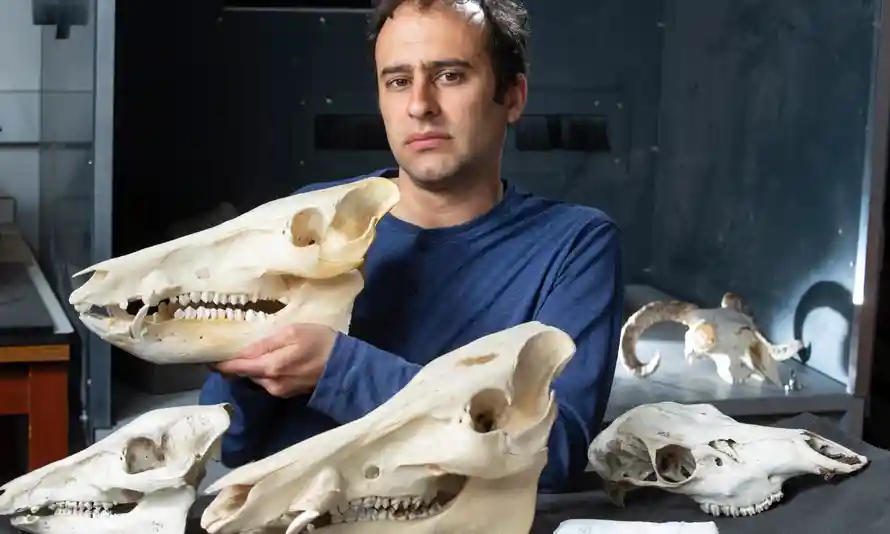A leading fossil expert and palaeontologist at the University of Edinburgh, Prof Steve Brusatte has said that the increasing climate crisis may lead humans to shrink in size.
This is even as mammals with smaller frames appear better able to deal with rising global temperatures.
While he likened the potential plight of people to that of early horses, which became smaller in body size as temperatures rose around 55m years ago, Brusatte suggested the way in which other mammals have previously responded to periods of climate change could offer an insight into humans’ future.
Read also: Climate Action Superheroes launched to fight climate change
“There’s a great fossil record across this global warming event, it’s really the most recent big global warming event in the geological record,” he was quoted as saying. “The two plots are eerie, how similar they are.”
Brusatte further noted that animals in warmer parts of the world today are often smaller than those in colder areas, an ecological principle is known as Bergmann’s rule.
He maintained that the reasons are not entirely understood, but it is probably, in part, because smaller animals have a higher surface area relative to their volume than plumper animals and can thus better shed excess heat.
Speaking before the publication of the book, ‘The Rise and Reign of the Mammals’Brusatte said that becoming smaller was “a common way that mammals deal with climate change.
“That’s not to say every species of mammal would get smaller, but it seems to be a common survival trick of mammals when temperatures spike pretty quickly,” he said. “Which does raise the question: if temperatures do spike quickly might humans dwarf, might humans get smaller? And I think that’s certainly plausible.”
Brusatte further argued that other human species have been found to shrink when resources were scarce – pointing to the so-called hobbit humans, Homo floresiensis, which once inhabited the island of Flores in Indonesia.
Story was adapted from the Guardian.
